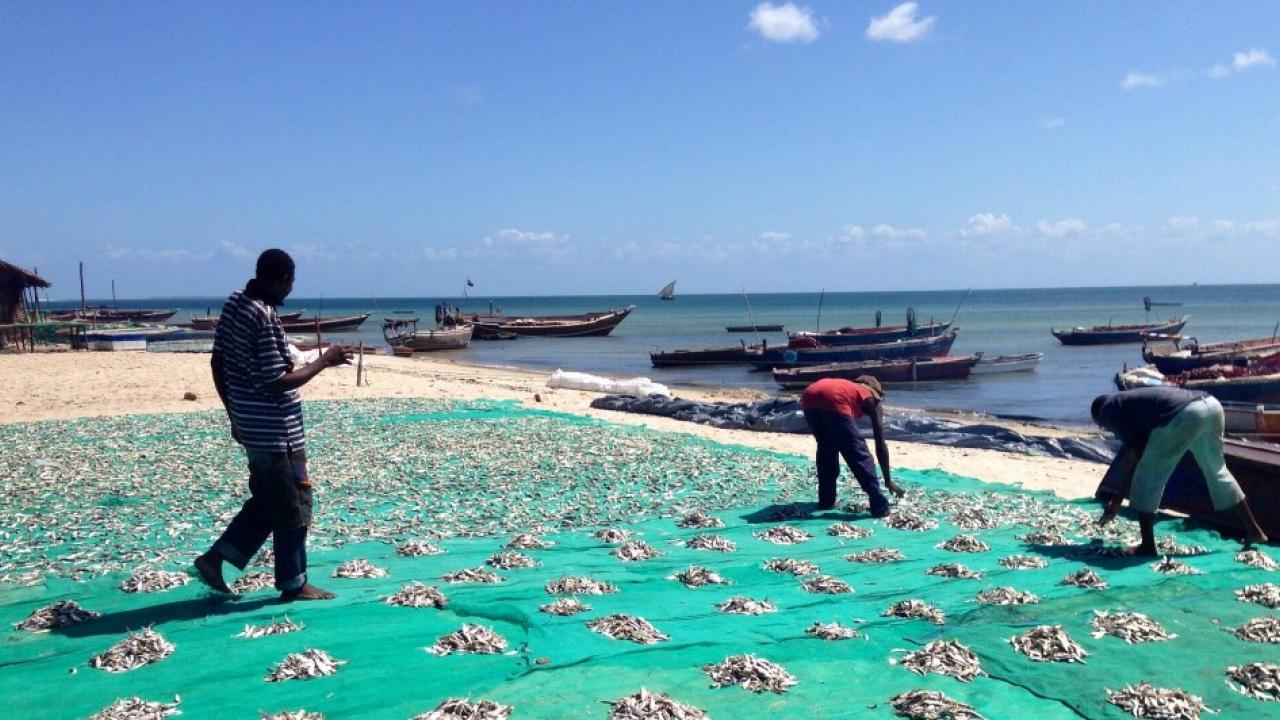
Institutions are important in shaping how development improves livelihoods for small-scale agricultural producers, but research to understand how institutions emerge, adapt and change is still in its infancy. Top-down command-and-control approaches to fisheries management, which focus on input restrictions and catch limits, have largely been ineffective for managing small-scale fisheries in developing countries. For this reason, understanding the mechanisms that foster the development of strong local institutions to manage resources is critically important.
However, a bottoms-up approach to managing small-scale fisheries in these countries is not guaranteed to succeed. Indeed, the extent to which strong institutions develop from a bottoms-up approach depends on the ability of those who earn their livelihoods from fisheries to collectively govern. This collective governance must also develop in a way that responds to external pressures and manages internal coordination efficiently, fairly and with low transactions costs.
Project Summary
Researchers supported by the Feed the Future Innovation Lab for Assets and Market Access are testing a novel approach of using experimental games to improve cooperative fishery management. Prior research has shown that individuals gain experience when repeatedly playing experimental games, which alters their patterns of coordination and cooperation. In many cases, this experience translates into increased cooperation in other similarly structured games, and may change behaviors outside of game settings.
For more than a decade now, development agencies have promoted comanagement strategies based around community associations known as “beach management units” (BMUs). Evidence on the effectiveness of these institutions is both limited and mixed. For this project, the researchers will design games that are to be played on a weekly basis in four BMUs over a period of one month.
The project’s aim is to produce the following outputs: (I) generate new data on BMU performance and processes, (2) generate new data on how BMU members play and learn the pilot experimental games, as well as on individual and village characteristics that affect game play, (3) a completed experimental design/plan for continued funding, and (4) evidence on whether experimental games can affect fishermen behavior outside of the game setting.
Anticipated Impacts
Experimental games that focus attention on critical aspects of how individuals affect, and are affected by, institutional performance, may foster cooperation, monitoring or other improved behaviors. In turn, these improved behaviors can lead to better institutions for fishery management. Participating in these repeated games may prime participants to participate more fully and regularly in the realworld institutions of which they are a part. In this way, carefully structured game play may contribute to capacity that improves institutions.
